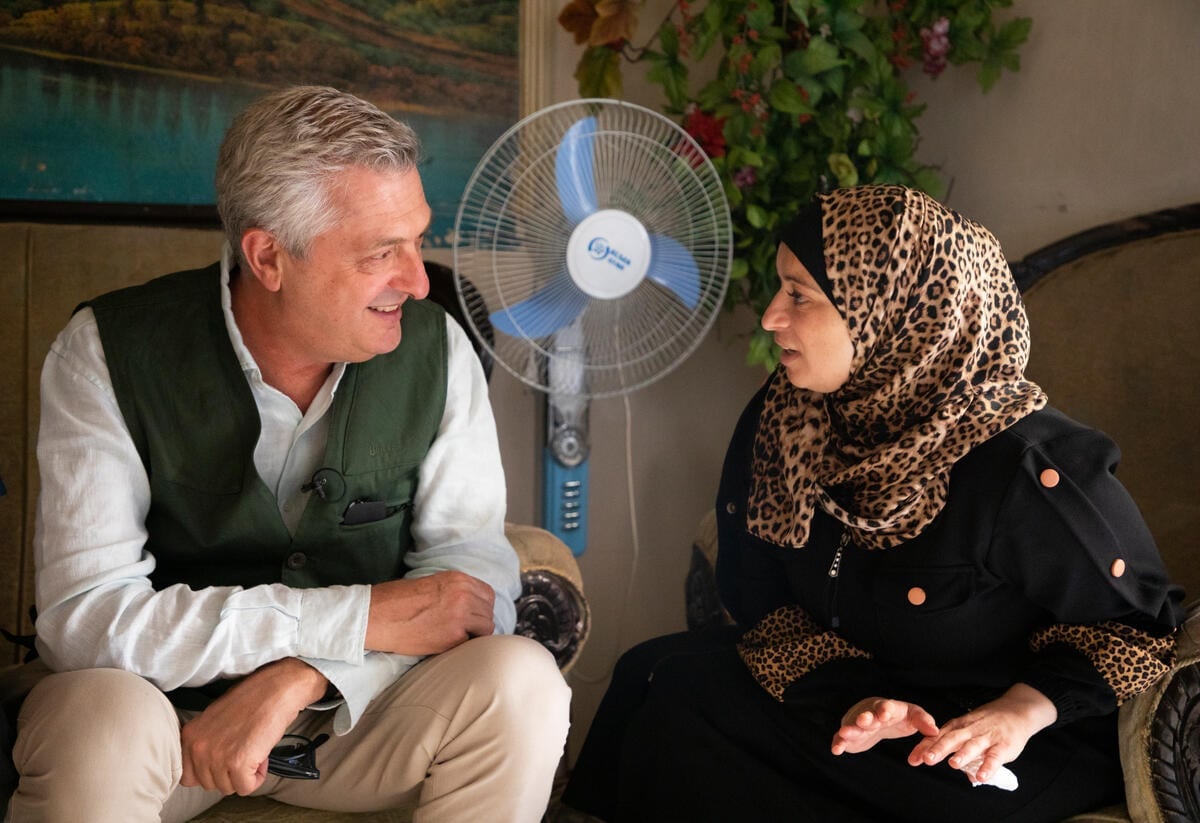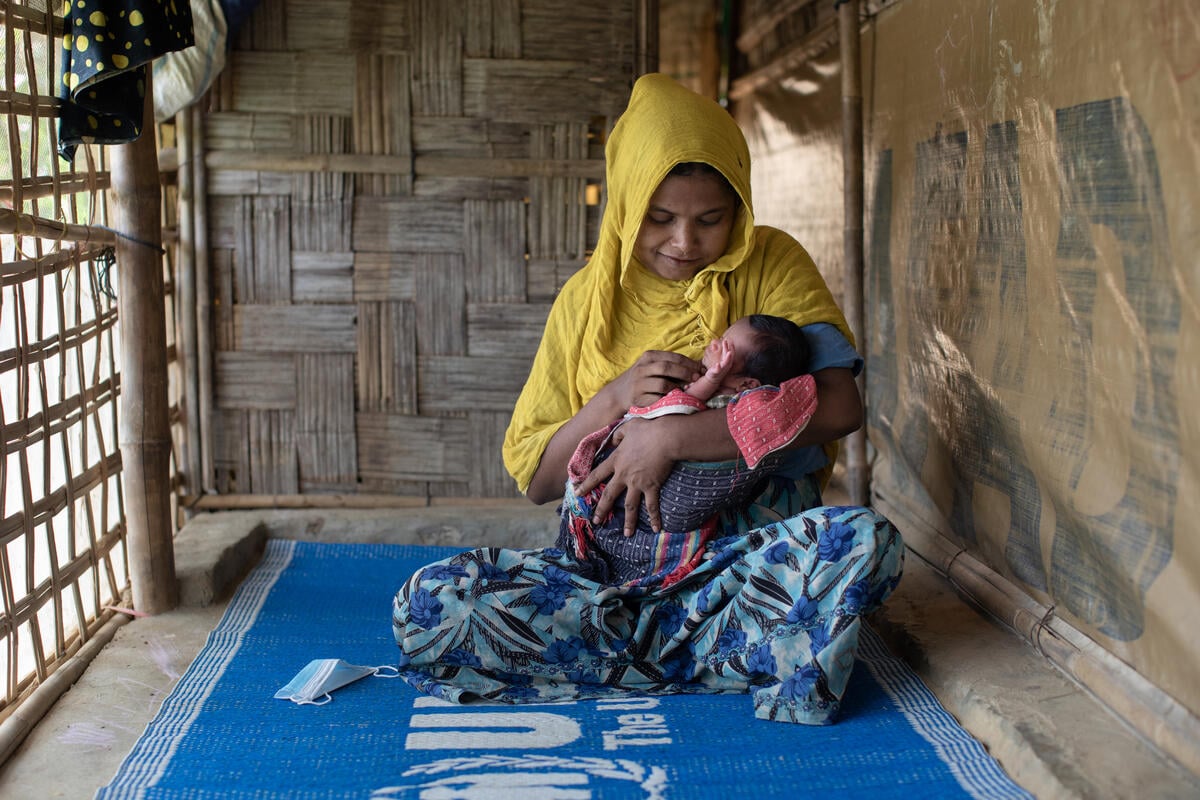UNHCR seeks US$63 million to repatriate southern Sudanese
UNHCR seeks US$63 million to repatriate southern Sudanese

GENEVA, February 12 (UNHCR) - The UN refugee agency on Tuesday launched an appeal for US$63 million to fund its operations this year in South Sudan, including organizing the voluntary return and reintegration of 80,000 Sudanese refugees now living in neighbouring countries.
A UNHCR press release said the funds raised in the supplementary appeal would ensure continuing support for the repatriation process, which has seen the return home of more than 169,000 Sudanese refugees and an estimated 1.9 million internally displaced Sudanese since a peace agreement in January 2005 ended the civil war in the south. Some 260,000 Sudanese refugees remain outside Sudan's borders.
"If the pace of return is not adequately supported, the challenges for sustainable reintegration may become even greater," said Marjon Kamara, director of UNHCR's Africa bureau.
The appeal came as UNHCR continues to assist Sudanese to return to their homes in the south from neighbouring countries. The refugee agency plans to facilitate the voluntary repatriation of 45,000 Sudanese refugees from Uganda, 17,000 from Kenya, 16,000 from Ethiopia and 2,000 from Egypt.
This year's programmes are up and running in several areas. Repatriation movements from Uganda to Nimule in south Sudan, for example, are currently progressing at a rate of 1,000 people per week. And on Monday, a group of about 50 Sudanese refugees from the Kakuma camp in north-west Kenya were flown by UNHCR to the town of Malakal in South Sudan's Upper Nile state. A repatriation flight is also due on Wednesday.
"This is the happiest moment in years for me," said one of the returnees, 18-year-old Peter, on arriving in Malakal. "I left home eight years ago because the conflict in South Sudan was putting me and my family in danger."
Most of Peter's family have returned to South Sudan in the past three years, but he stayed on in Kakuma to continue his education. "Tomorrow, I will reunite with my family and I count the hours," said an excited Peter.
He and the other returnees were taken to a UNHCR way station and given a basic assistance package, including non-food shelter and household items, food for three months and medicine. UNHCR was scheduled to transport them to their final destinations on Tuesday.
The southern provinces badly need educated people like Peter to help rebuild after more than two decades of war. The young man is up for the challenges ahead. "UNHCR informed me of the reality of the situation here - no schools, no hospitals, difficulty in getting a job. But this is my country and my family is here," he said, adding: "I will build a house and then try to get a job."
Meanwhile, Tuesday's South Sudan appeal said a priority would be given to returnees from Ethiopia so voluntary repatriation could be completed during 2008. In addition, where UNHCR has a presence it will assist with the return home of internally displaced people (IDPs) if requested.

UNHCR, working in coordination with the government, UN agencies and other partners, plans to continue community-based reintegration projects for both refugees and IDPs returning to areas lacking basic services. In major IDP sites in the capital, Khartoum, UNHCR will continue to monitor the protection situation.
"The areas of return still suffer from a lack of basic services, particularly in health and education, and weak, though improving, economic activity. If these problems are not addressed, returning refugees could flow into crowded urban areas or even go back to their countries of asylum," Tuesday's press release said.
It added that despite the progress since the peace agreement, UNHCR still faced challenges moving people because of continued insecurity in parts of South Sudan and a lack of roads, compounded by a rainy season lasting from May to November.








